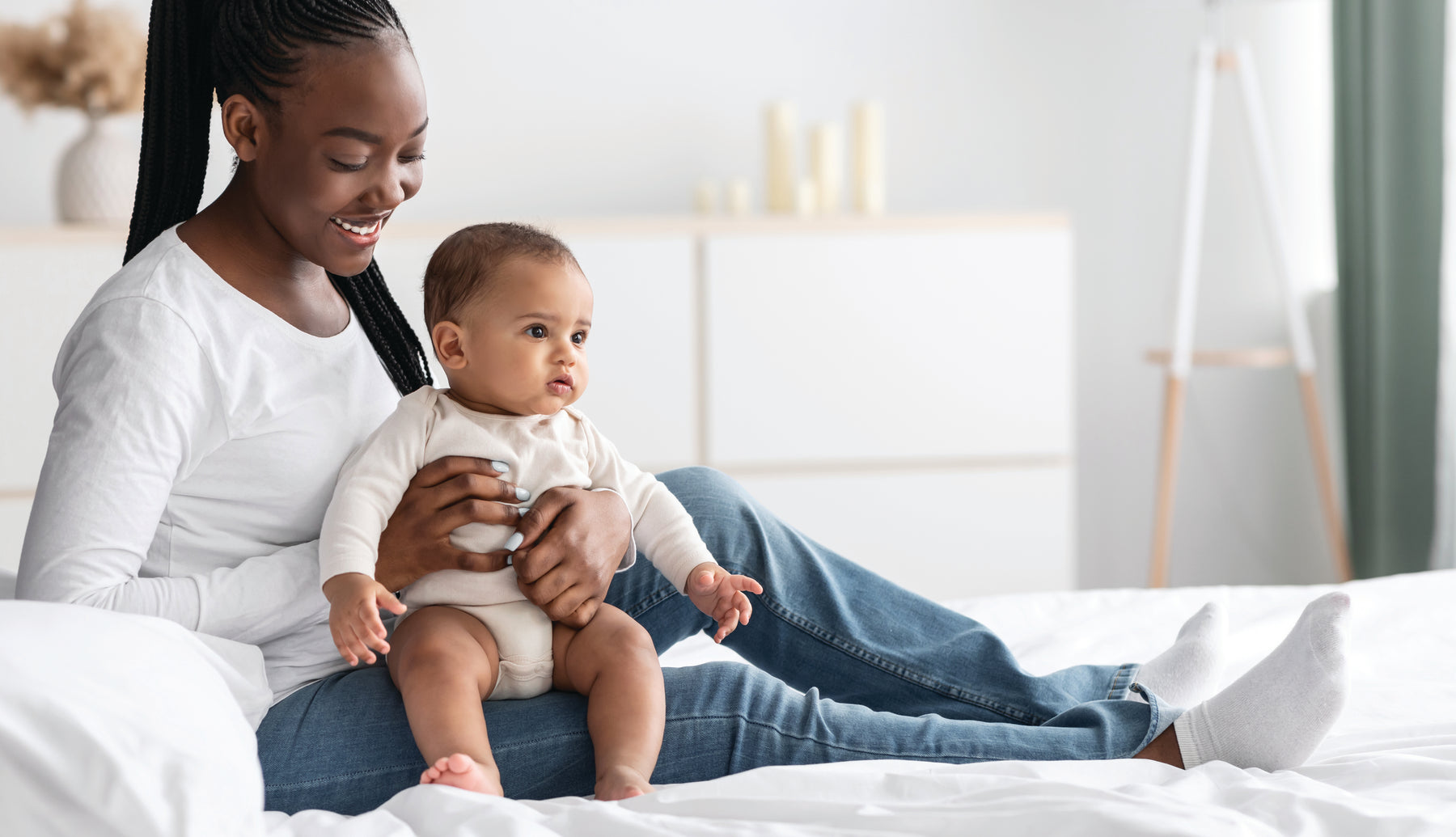
Humidifiers for Babies and Children: What Parents Need to Know
As a parent, you want to provide the best possible environment for your child's health and comfort. One often-overlooked factor is indoor humidity. A humidifier can significantly improve the air quality in your child's room, leading to a better night's sleep, relief from dry skin, and even assistance with colds.
Benefits of Using a Humidifier
Relief from Dry Skin: Dry air can irritate your child's delicate skin, leading to itching, redness, and discomfort. A humidifier adds moisture to the air, helping to soothe and hydrate their skin.
Improved Sleep: Dry air can make it difficult to breathe, especially for children with sensitive respiratory systems. A humidifier can help to alleviate congestion and make it easier for your child to fall asleep and stay asleep.
Cold and Flu Relief: Humidifiers can help to thin mucus, making it easier for your child to cough up congestion and breathe more comfortably during colds and flu.
Protection Against Respiratory Infections: Dry air can irritate the nasal passages and make it easier for viruses and bacteria to enter the body. A humidifier can help to keep the nasal passages moist and reduce the risk of infection.
Safety Tips for Humidifier Use
Choose the Right Humidifier: Opt for a cool-mist humidifier, as warm-mist humidifiers can pose a burn risk. Look for models with automatic shut-off features and easy-to-clean tanks.
Keep it Clean: Regularly clean your humidifier to prevent the growth of mold and bacteria. Follow the manufacturer's instructions for cleaning and maintenance.
Monitor Humidity Levels: Use a hygrometer to measure the humidity level in your child's room. Aim for a relative humidity between 30% and 50%. Too much humidity can lead to mold growth.
Place it Safely: Place the humidifier on a stable surface away from electrical outlets and heat sources.
Debunking Common Humidifier Myths
Myth: Humidifiers can cause mold.
Fact: While excessive humidity can lead to mold growth, using a humidifier correctly and maintaining it properly can help prevent this.
Myth: Humidifiers are only beneficial during cold and flu season.
Fact: While they can be particularly helpful during these times, humidifiers can improve indoor air quality year-round, providing relief from dry skin, improving sleep, and reducing the risk of respiratory infection.
Myth: All humidifiers are the same.
Fact: Different types of humidifiers have varying features and benefits. It's essential to choose one that suits your child's needs and your home's environment.
Recommended Humidifier Models
0.5 Gallon Top-Fill Ultrasonic Cool Mist Humidifier with Aromatherapy Function and Color-Changing Night Light
Model #1PAU05
Look for features like:
• Quiet operation
• Child-safe design
• Easy to fill and clean
• Automatic shut-off
• Optional night light
Additional Tips for Parents
Consider using a portable humidifier: If you're traveling or want to use a humidifier in specific rooms, a portable humidifier can be a convenient option.
If your child has asthma or allergies, consult with your pediatrician before using a humidifier.
Monitor your child's symptoms: If your child's symptoms persist or worsen despite using a humidifier, consult with a healthcare professional.
Talk to your pediatrician: Your pediatrician can provide personalized recommendations based on your child's specific needs and health conditions.
Remember that a humidifier is a tool, not a cure-all. It should be used in conjunction with other healthy habits, such as regular handwashing and adequate hydration.
A humidifier can be a valuable tool for improving your child's health and comfort. By following these safety tips and choosing the right humidifier, you can create a healthier and more conducive environment for your little one to sleep and play.
Disclaimer: The information provided in this blog post is for informational purposes only and should not be considered medical advice. Please consult with a healthcare professional for any health concerns or before making any decisions about your child's health.



